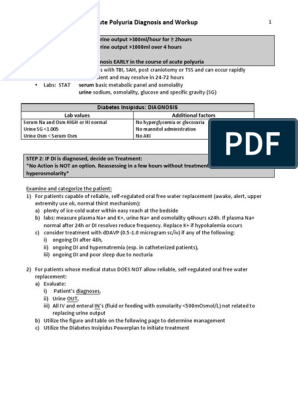0% found this document useful (0 votes)
26 views36 pagesMHN Unit 1 Mental Heealth Team
The document discusses the importance of multidisciplinary teams (MDTs) in mental health nursing, emphasizing integrated treatment and collaboration among various healthcare professionals. It outlines the roles and contributions of different team members, including psychiatrists, psychologists, nurses, and social workers, in providing comprehensive care for patients. The document also highlights the significance of teamwork in achieving effective mental health treatment and rehabilitation.
Uploaded by
vethadhas vinCopyright
© © All Rights Reserved
We take content rights seriously. If you suspect this is your content, claim it here.
Available Formats
Download as PPTX, PDF, TXT or read online on Scribd
0% found this document useful (0 votes)
26 views36 pagesMHN Unit 1 Mental Heealth Team
The document discusses the importance of multidisciplinary teams (MDTs) in mental health nursing, emphasizing integrated treatment and collaboration among various healthcare professionals. It outlines the roles and contributions of different team members, including psychiatrists, psychologists, nurses, and social workers, in providing comprehensive care for patients. The document also highlights the significance of teamwork in achieving effective mental health treatment and rehabilitation.
Uploaded by
vethadhas vinCopyright
© © All Rights Reserved
We take content rights seriously. If you suspect this is your content, claim it here.
Available Formats
Download as PPTX, PDF, TXT or read online on Scribd
/ 36


























































































